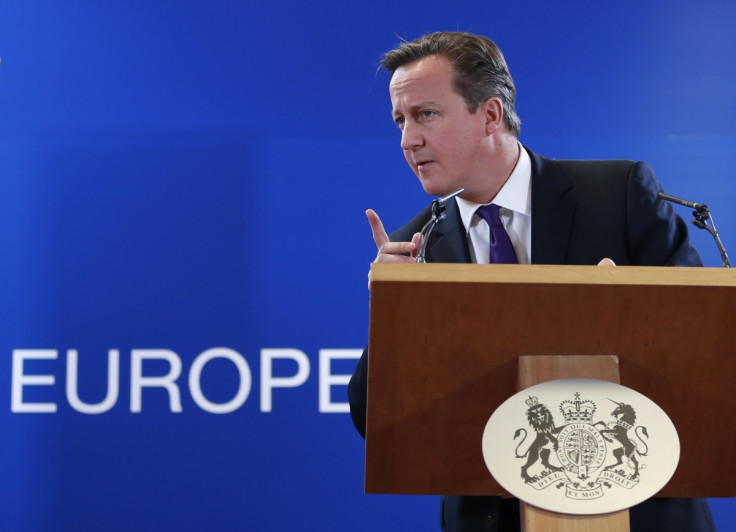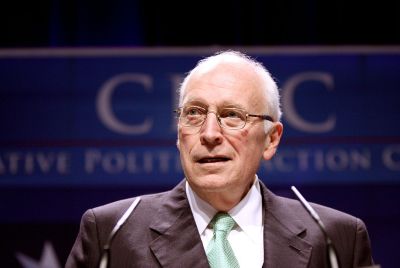EU referendum: Voters split over Brexit as renegotiation with Brussels continues

The British public are split over whether they will vote to leave or remain in the EU when the country holds a historic referendum on the issue. A poll from YouGov found that a majority of the UK electorate would vote for a Brexit, but a separate study from Survation concluded most people wanted to stay within the 28-nation bloc.
The first survey, which was commissioned by The Times and questioned more than 2,700 UK voters, put Leave ahead by 3% (41% versus 38%). The second poll, of more than 1,000 respondents between 21 and 22 September for The Huffington Post UK, had Remain 2% (52% versus 48%) in the lead.
The differing results come as prime minister David Cameron continues to renegotiate the UK's relationship with Brussels ahead of the vote, which he has promised to hold before the end of 2017 and some reports have suggest could come as early as April 2016.
The British foreign secretary, Philip Hammond, has claimed the ongoing refugee crisis will help the UK as it seeks to reform the EU's freedom of movement rules.
"The fact that Europe is facing the challenge...of migration flows within Europe of newly arrived migrants, is perhaps focusing the attention of some people, in a way that hadn't been focused before, about the challenges that migration at scale presents. And that's been our argument all along," Reuters reported him saying.
Hammond argued the crisis will help win support for the UK's proposal to prevent EU workers in Britain from claiming in-work-benefits for four years. But the administration has so far faced opposition from some European leaders over the issue.
However, opinion polls indicate that the right-wing Law and Justice party is on course to gain power in Poland on 25 October – an election result which would bolster Cameron's efforts.
© Copyright IBTimes 2025. All rights reserved.





















